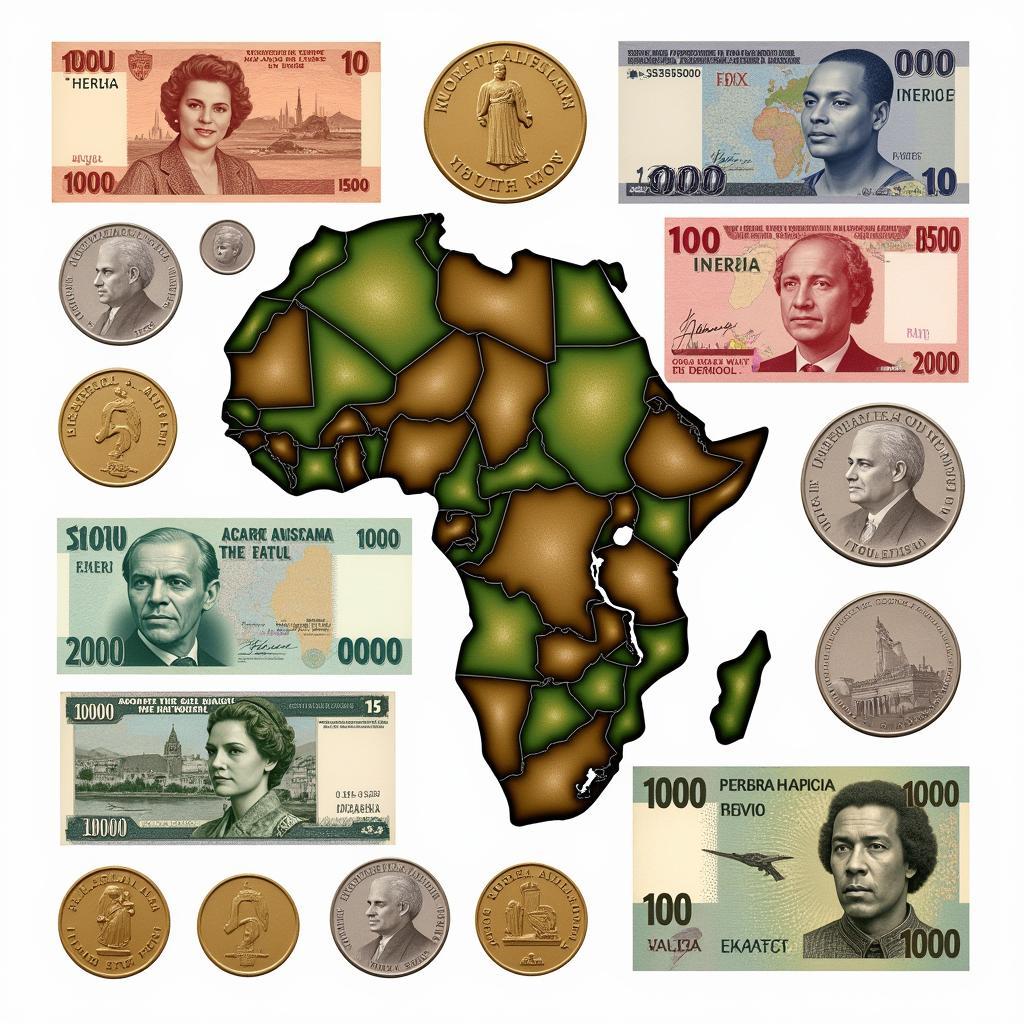African Green Monkey Kidney Cells: A History and Their Role in Vaccines
African Green Monkey Kidney Cells have played a pivotal role in the development and production of vaccines for decades. While often unseen and little understood, these cells have been instrumental in safeguarding global health, playing a part in protecting against diseases like polio, rabies, and measles. But what exactly are these cells, and how did they come to be so crucial in vaccine development?
A Closer Look at African Green Monkey Kidney Cells
African green monkeys, scientifically classified as Chlorocebus sabaeus, are primates native to West Africa. These monkeys possess cells in their kidneys, like all living organisms, that have the remarkable ability to divide and grow in a laboratory setting. This characteristic makes them incredibly valuable for scientific research, particularly in cultivating viruses used in vaccine development.
The Journey to Vaccine Production: How it Works
The process of using African green monkey kidney cells in vaccine production begins by carefully extracting kidney cells from healthy monkeys. These cells are then placed in a nutrient-rich environment within a controlled laboratory setting. Here, they are exposed to a weakened or inactivated form of the virus targeted by the vaccine.
The virus infects the cells and replicates, effectively creating more of the weakened virus. After multiple cycles, this viral material is harvested, purified, and formulated into the final vaccine product.
Safety and Ethical Considerations
The use of African green monkey kidney cells in vaccine production is subject to stringent ethical and safety regulations. Collection of these cells is highly regulated, and the monkeys are treated humanely. Moreover, the final vaccine product undergoes rigorous testing to ensure it is safe and free from any harmful contaminants, including any trace of the original monkey cells.
The Future of Vaccine Development
While African green monkey kidney cells have been instrumental in vaccine development, research continues to explore alternative cell lines. This is driven by the desire to reduce reliance on animal products and explore potentially more efficient methods.
Conclusion
African green monkey kidney cells have made an immeasurable contribution to global health through their role in vaccine production. They represent a fascinating example of how scientific understanding, coupled with ethical considerations, can lead to life-saving breakthroughs. As we look to the future of vaccine development, the legacy of these cells serves as a testament to the power of scientific innovation.
FAQs
1. Are African green monkeys harmed in the process of cell collection?
Cell collection from African green monkeys is a highly regulated process with strict ethical guidelines in place to ensure their well-being.
2. Are there any risks associated with vaccines produced using these cells?
Vaccines undergo rigorous testing to ensure safety and efficacy. The final product is free from any harmful contaminants, including traces of the original monkey cells.
3. Are there alternatives to using African green monkey kidney cells in vaccine production?
Research is ongoing to explore alternative cell lines, but African green monkey kidney cells remain a crucial component in many vaccines.
4. Where can I find more information about specific vaccines and their production methods?
For detailed information about specific vaccines, it’s best to consult with a healthcare professional or refer to reputable sources like the World Health Organization (WHO).
5. What is the future of African green monkey kidney cells in vaccine development?
While they remain important, research into alternative cell lines is ongoing, potentially leading to new approaches in the future.
Do you have more questions? Explore these related topics on our website:
- african green monkey kidney cells in vaccines
- african green monkey vaccine
- african green monkey vero
For further assistance, please contact us:
Phone: +255768904061
Email: [email protected]
Address: Mbarali DC Mawindi, Kangaga, Tanzania
Our dedicated customer support team is available 24/7 to address your inquiries.

